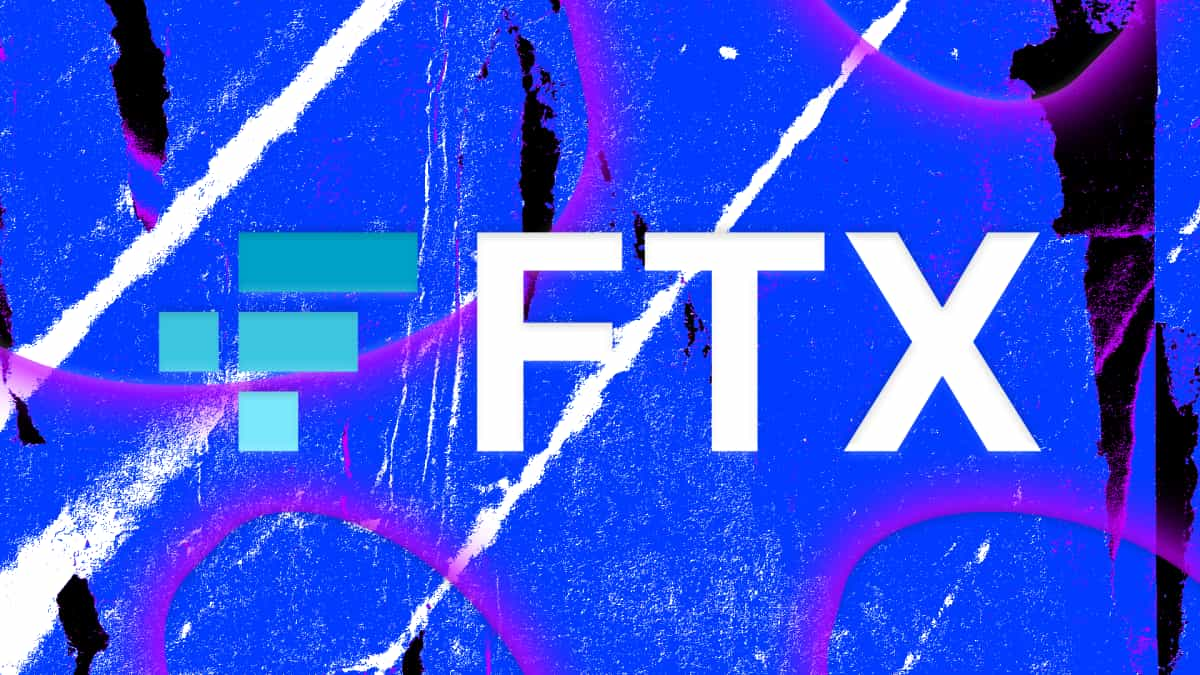Tether is 'a time bomb' says Congressman Warren Davidson

Quick Take
- As Congress prepares to consider stablecoin regulations, one longstanding advocate for cryptocurrencies notes an outlier.
- With limited disclosures and an executive board that is nowhere to be found, Tether is an outlier among major dollar-pegged stablecoin operators.

One member of Congress has noted a major outlier among stablecoins, a topic that's top of mind on Capitol Hill these days.
"Tether, for example, is a time bomb," said Warren Davidson (R-OH), speaking to The Block on the financial risks posed by stablecoins.
"There isn’t transparency or disclosure there. They acknowledge that they have commercial paper, but they don’t disclose what exactly that is. That’s where I think that a framework that compels disclosure does provide investor protection.”
Referring to a controversial Securities and Exchange Commission enforcement action, Davidson said: “Regulators ought to get their arms around Tether. There’s, frankly, more reason for the SEC to be looking at Tether than for them to be looking at Ripple and XRP.”
Especially significant is the fact that Davidson is far from an alarmist when it comes to crypto policy. He has, rather, been one of crypto's biggest advocates on the Hill since replacing John Boehner as the representative for Ohio's 8th district in 2016.
Davidson is a member of the Congressional Blockchain Caucus as well as the House Financial Services Committee, which later today will be reviewing a report on stablecoins from the President's Working Group on Financial Markets. Nellie Liang, the Treasury's undersecretary for domestic finance, will be guiding that hearing, likely to push for the PWG's request that Congress limit stablecoin issuance to insured depository institutions — meaning banks, primarily.
It's a framework that has received bipartisan pushback. Davidson, for example, was not on board with the restriction to insured depository institutions. Democratic staffers have likewise noted that their representatives don't like the idea of advantaging incumbent banks.
But while the specific framework for regulating stablecoins remains unsettled, Tether, the largest stablecoin operator, remains the proverbial elephant in the room. Long criticized for its approach to operational transparency, Tether has also been notably absent from policy discussions within the US, even those that involve competing stablecoin issuers.
Sherrod Brown, the Senate Banking Committee's chair, recently ran into issues contacting Tether over their practices. Tether is currently locked in a legal fight with CoinDesk over details of a recent settlement with the New York Attorney General, a settlement that barred the firm and sister exchange Bitfinex from operating in the state.
A representative for Tether recently told The Block that "Unfortunately, as Bitfinex does do not do business in the US we do not interact with US-based journalists." Another representative had not returned a request for comment as of press time.
© 2023 The Block. All Rights Reserved. This article is provided for informational purposes only. It is not offered or intended to be used as legal, tax, investment, financial, or other advice.



